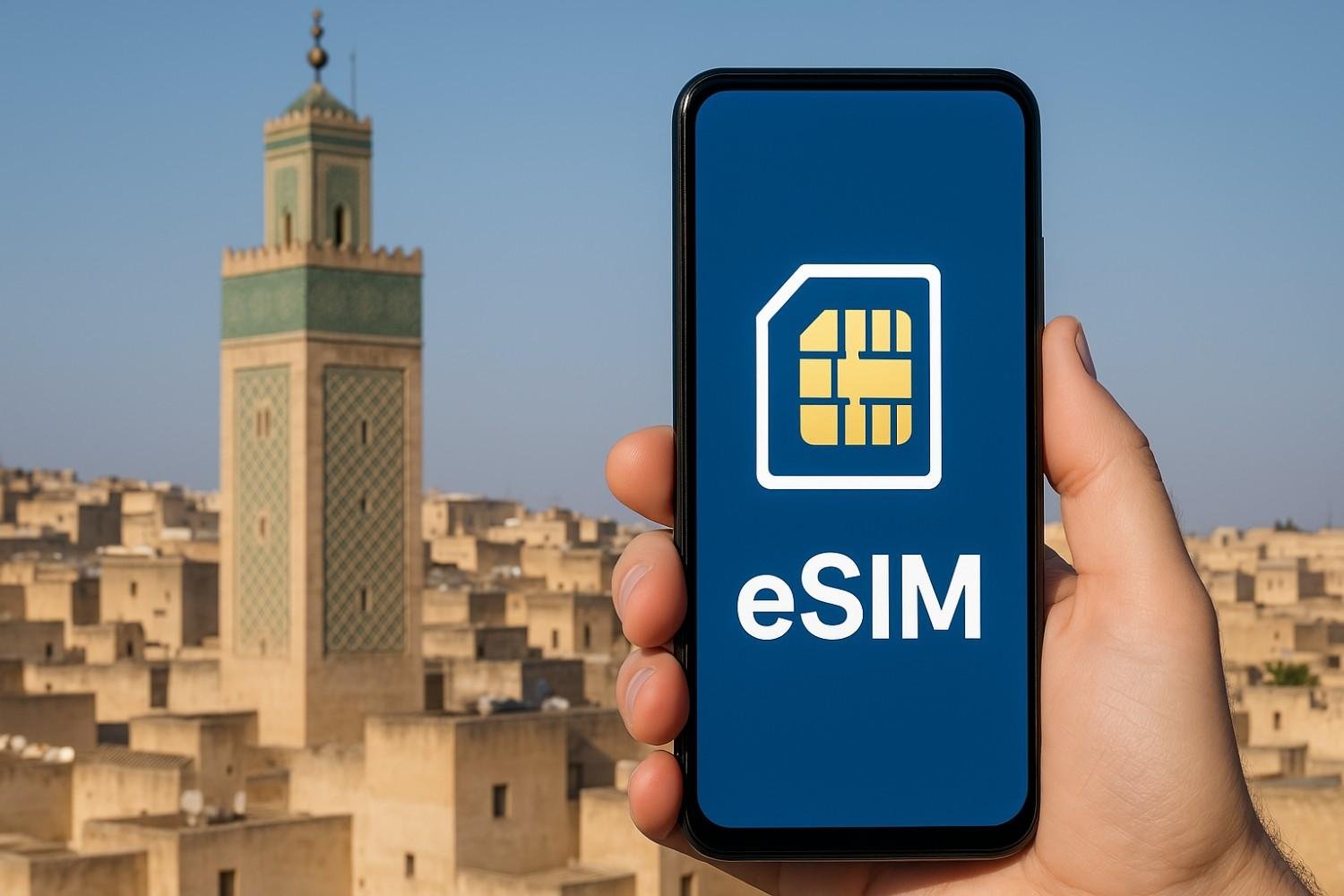As digital transformation continues to shape global travel, North African countries are increasingly adopting eSIM (embedded SIM) technology, enabling seamless mobile data access without the need for physical SIM cards. Morocco and Tunisia are at the forefront of this trend, with growing numbers of travelers and residents opting for eSIMs for convenient and flexible connectivity.
With the rise in international mobility and smartphone usage, eSIMs have become a practical solution for travelers in North Africa. These digital SIMs provide users with immediate access to mobile data without the hassle of visiting local SIM shops or facing high roaming charges, offering a borderless experience for both local residents and international visitors.
In Morocco, tourism is recovering rapidly, with millions of international tourists expected in 2025. Moroccan citizens traveling abroad are also seeking modern ways to access mobile data. eSIM options tailored to Morocco are enabling both locals and tourists to connect effortlessly in cities like Casablanca, Marrakech, and Fes.
Tunisia has also seen a surge in eSIM adoption, particularly among visitors exploring cities like Tunis, Sousse, and Djerba. The Tunisia eSIM allows for easy access to mobile data, offering an ideal solution for short-term stays or cross-border travel, making it more convenient for travelers from neighboring countries.
eSIM technology is transforming connectivity in North Africa by providing a more efficient, secure, and flexible option for regional and international travel. Unlike traditional SIM cards, eSIMs can be downloaded and activated remotely, allowing users to switch data plans without handling physical cards. This is particularly beneficial in regions where SIM availability is limited or for frequent travelers crossing borders.
Experts predict that Africa, with its increasing smartphone penetration and demand for cross-border digital services, is poised for significant eSIM growth. The region is benefiting from ongoing efforts by governments and telecom providers to modernize digital infrastructure, with eSIM integration contributing to these goals by improving mobile accessibility and reducing reliance on physical SIM card distribution.
Additionally, eSIM technology supports sustainability by reducing plastic waste associated with traditional SIM cards and their packaging.
As the future of mobile connectivity in North Africa continues to evolve digitally, the adoption of eSIMs is expected to accelerate. This shift promises travelers easier access to reliable mobile data while eliminating the inconvenience of traditional SIM card purchases, making it possible to stay connected with ease throughout North Africa, whether in the historic streets of Tunis or the vibrant medinas of Marrakech.
To learn more about eSIM access in the region:
Morocco: eSIM Morocco Mobile Internet
Tunisia: eSIM Tunisia
About eSIM Prime: eSIM Prime offers digital SIM solutions for travelers in over 150 countries, providing instant activation and flexible connectivity. The platform enables users to stay connected without the need for physical SIM cards, contributing to a more accessible and sustainable digital future.















